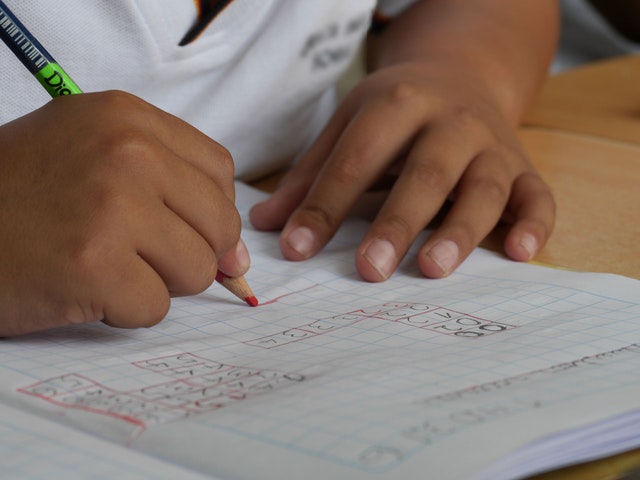|
Emily Vujicic, Psychologist Christmas seems so far away now, and we are already back in full swing at school. Most children will be settled back into routine of the school term with bed times, after school activities, and being responsible for home learning activities. For many children and parents, it can still be a very tiring and tense time. There may be extra adjustments like a change in friendship groups, an unfamiliar teacher, or things in their family life that are affecting them. This may lead to difficulties with sleep, tears in the morning, and possibly reluctance or refusal to go to school. I have put together a small collection of ideas could help ease the transition process. Being organised can help take the load off the mornings. Making lunches, packing bags and getting clothes out ready the night before can all mean there is less to do in the morning when there is more time pressure. This helps make the morning the most relaxed and positive it can be. Utilising check lists can help give your child independence in these tasks, and help prepare them for the following day. Routines can be helpful to get the children settled, and having a nice balance of activities and rest times. It is important not to have all of the fun things at home, and school is then seen as missing out. This might mean ‘fun’ snacks are for school, not letting the children know what interesting things you will be doing while they are at school, and not using school or teachers as a negative or threat. As you go back to work and your children are back at school, you may need to make additional effort in having positive time with them, giving them opportunities to talk. Often, children and adults alike, worry right before we go to bed, when we don’t have things around us to distract us from our thoughts. Many families find that after dinner time is a good time to check in and see if there is anything to talk through. If there is something troubling your child, be optimistic, realistic and empowering. It may mean that you spend some time helping them to think realistically about a situation, or find the positives if they can only see the negative. Helping them to come up with their own strategies to cope is a good life skill that can be strengthened in all of us. It may even lead to activities you do together, like some deep breathing or a calming walk. Dr Ross Greene encourages the idea that children are doing the best they can. If there is a problem, lets try teach them the expectations, and make sure they have the skills to do it. By talking with children proactively and collaboratively, we help instil a sense of responsibility in them. It helps children feel heard, and like they are a part of changes, rather than changes just happening to them.. If you are interested in this, I encourage you to read any of his books, or The Explosive Child for more depth info. It is also important that everyone is giving the children the same message, so communicating with the school can help ensure that your child may need a little extra TLC, encouragement or support as they transition into the year.
Comments are closed.
|
Categories
All
|
Hopscotch & HarmonyAt Hopscotch & Harmony Psychology, you can expect compassionate care and evidence-based guidance on your journey to wellness.
With clinics in Werribee and Belmont, as well as providing online counselling to clients who live throughout Australia, our dedicated team of psychologists and dietitians are committed to providing support to children, teenagers and adults. With a focus on understanding your unique needs, we offer tailored solutions to foster growth and resilience. Trust in our experience and dedication as we work together towards your well-being. Welcome to a place where healing begins and possibilities abound. |
Our services |
Contact usHopscotch & Harmony
Child, Teen and Adult Psychology Our Locations:
WERRIBEE: 1/167-179 Shaws Rd
BELMONT: 92 Roslyn Rd AUSTRALIA-WIDE: Online counselling |
Hopscotch and Harmony respectfully recognise the Aboriginal and Torres Strait Islander people as the first Peoples of the continent now called Australia.
We acknowledge the Bunurong and Wadawurrung people of the Kulin Nation, the traditional owners of the land on which we work, and pay our respects to their Elders, past, present and emerging.
© 2024 Hopscotch and Harmony Pty Ltd



 RSS Feed
RSS Feed
